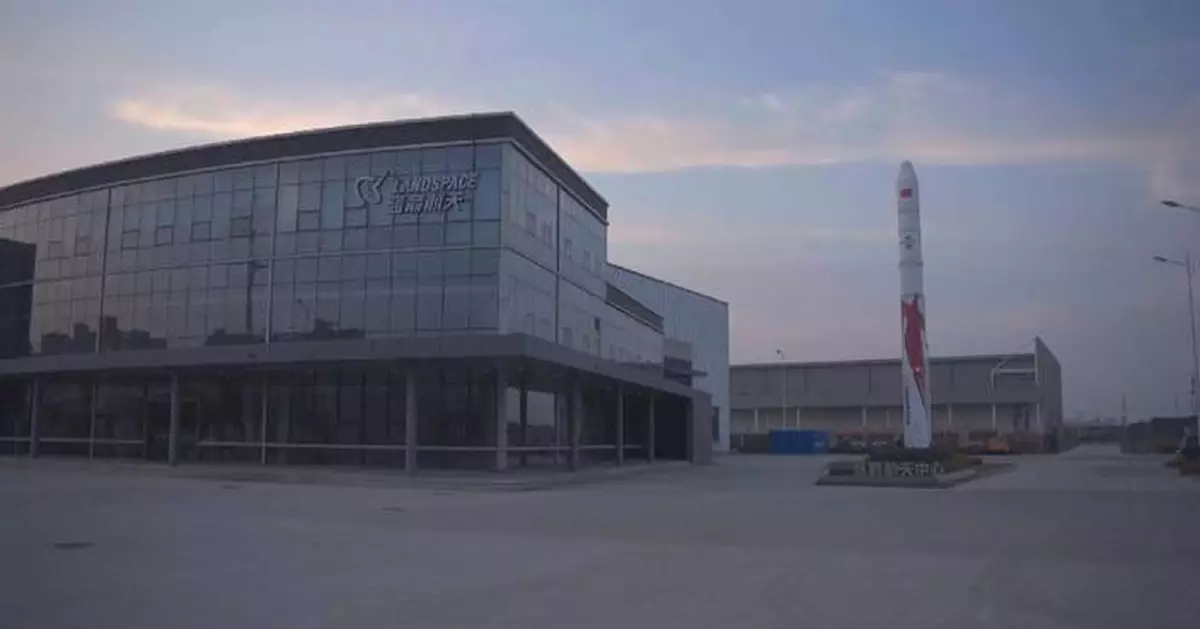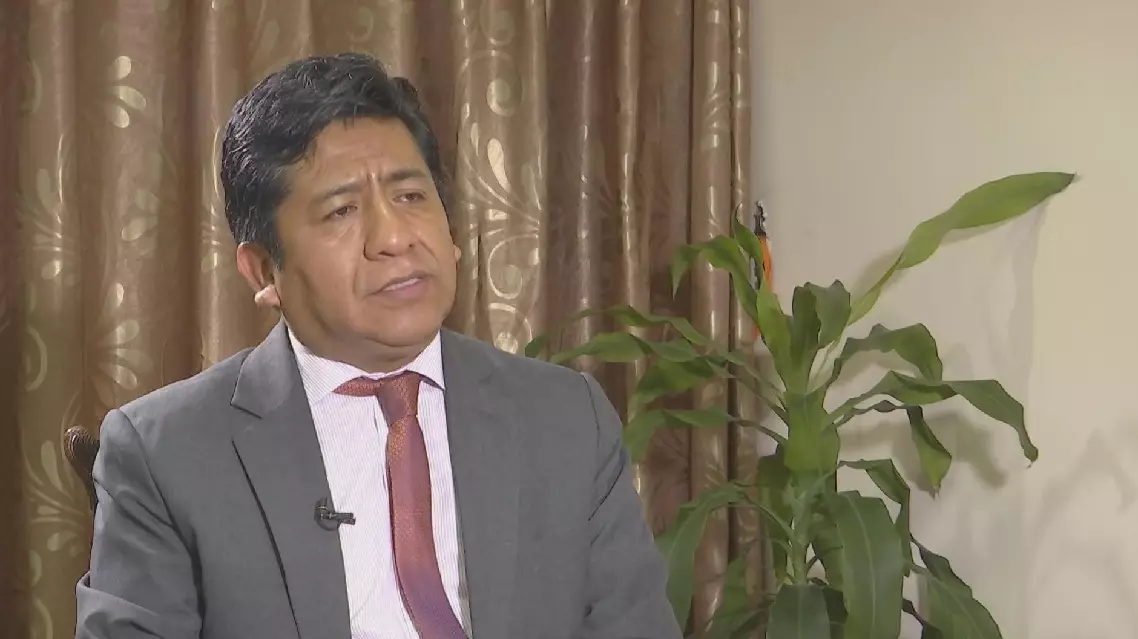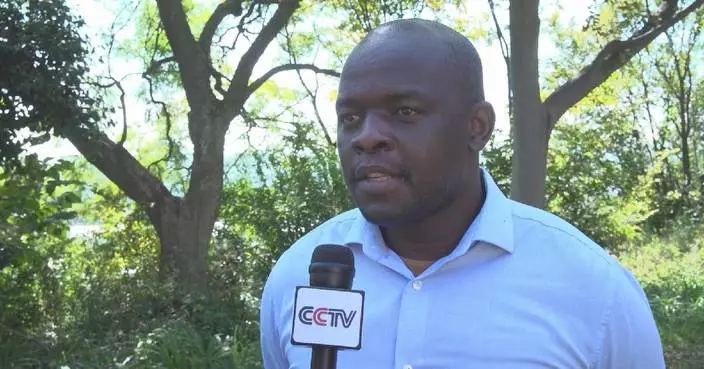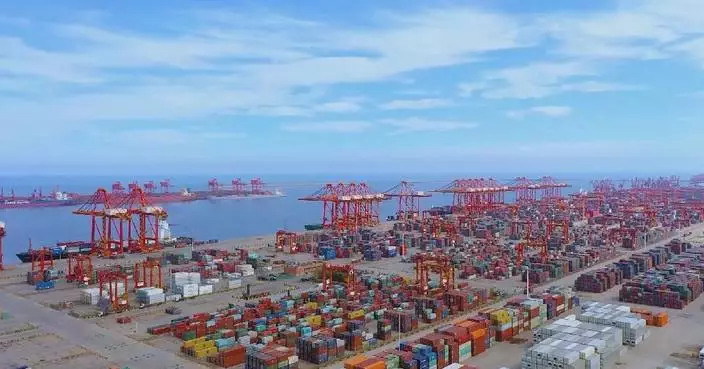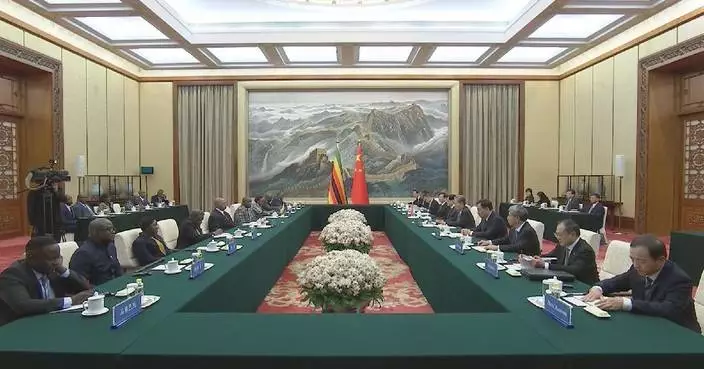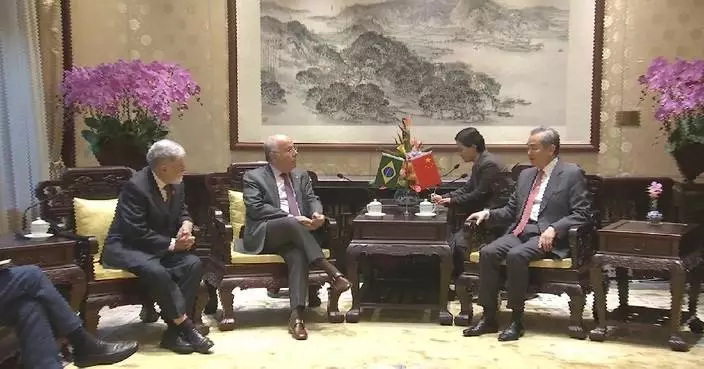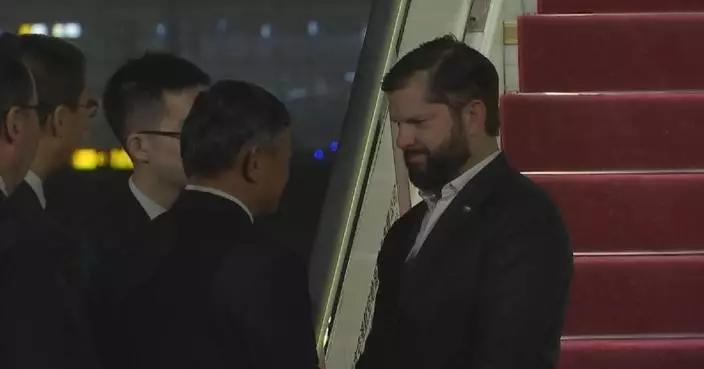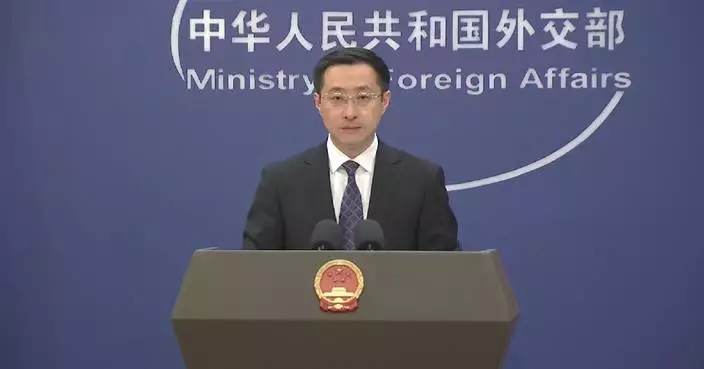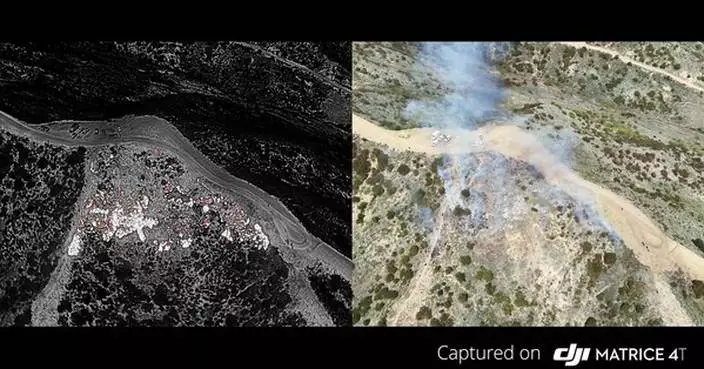China's commercial space industry has ushered in the new year with a busy schedule, with both commercial launch vehicle and commercial satellite companies scrambling to make timely preparations for fulfilling ambitious launch missions for the year.
In 2025, China will launch its first commercial liquid rockets of multiple types, along with large-scale deployment of its satellite internet and commercial remote sensing constellations.
Private rocket company LandSpace, located in Jiaxing City of east China's Zhejiang Province, expects its Zhuque-3 reusable rocket to make its maiden flight in 2025. As a result, staff members are actively assembling and welding the module of the launch vehicle.
The Zhuque-3 carrier rocket, which will be China's first rocket made of stainless steel, is 4.5 meters in diameter, with a total length of 76.6 meters. Its liftoff weight is about 660 tons, with a carrying capacity of 21.3 tons.
The rocket will use Tianque methane engines developed by LandSpace, which is headquartered in Beijing. Its first stage will have nine Tianque-12B engines, which can be reused up to 20 times. Zhuque-3's second stage will employ a Tianque-15B vacuum engine. "In 2025, everyone is energetic and working overtime daily to ensure the mission's success. We look forward to the successful maiden flight of ZQ-3 in 2025," said Hu Shaoxiong, head of the Assembly and Welding Group A at LandSpace.
At the Jiuquan Satellite Launch Center, the atmospheric detection and remote sensing satellite developed by Galaxy Space is currently undergoing testing and is scheduled for launch in January.
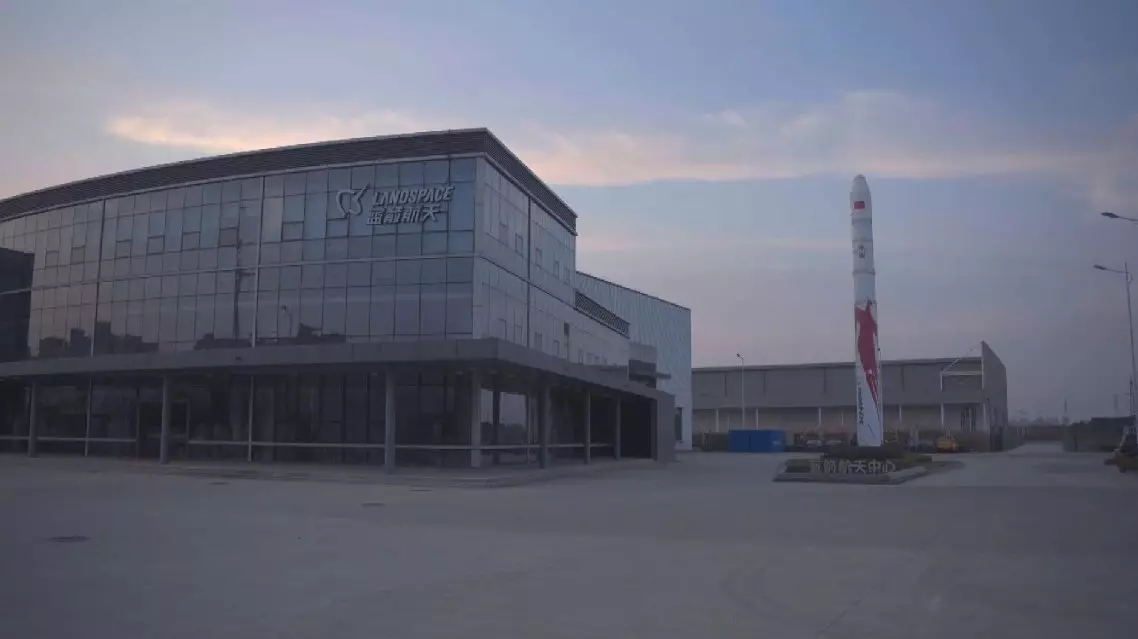
China's commercial space industry ushers in new year with busy schedule


